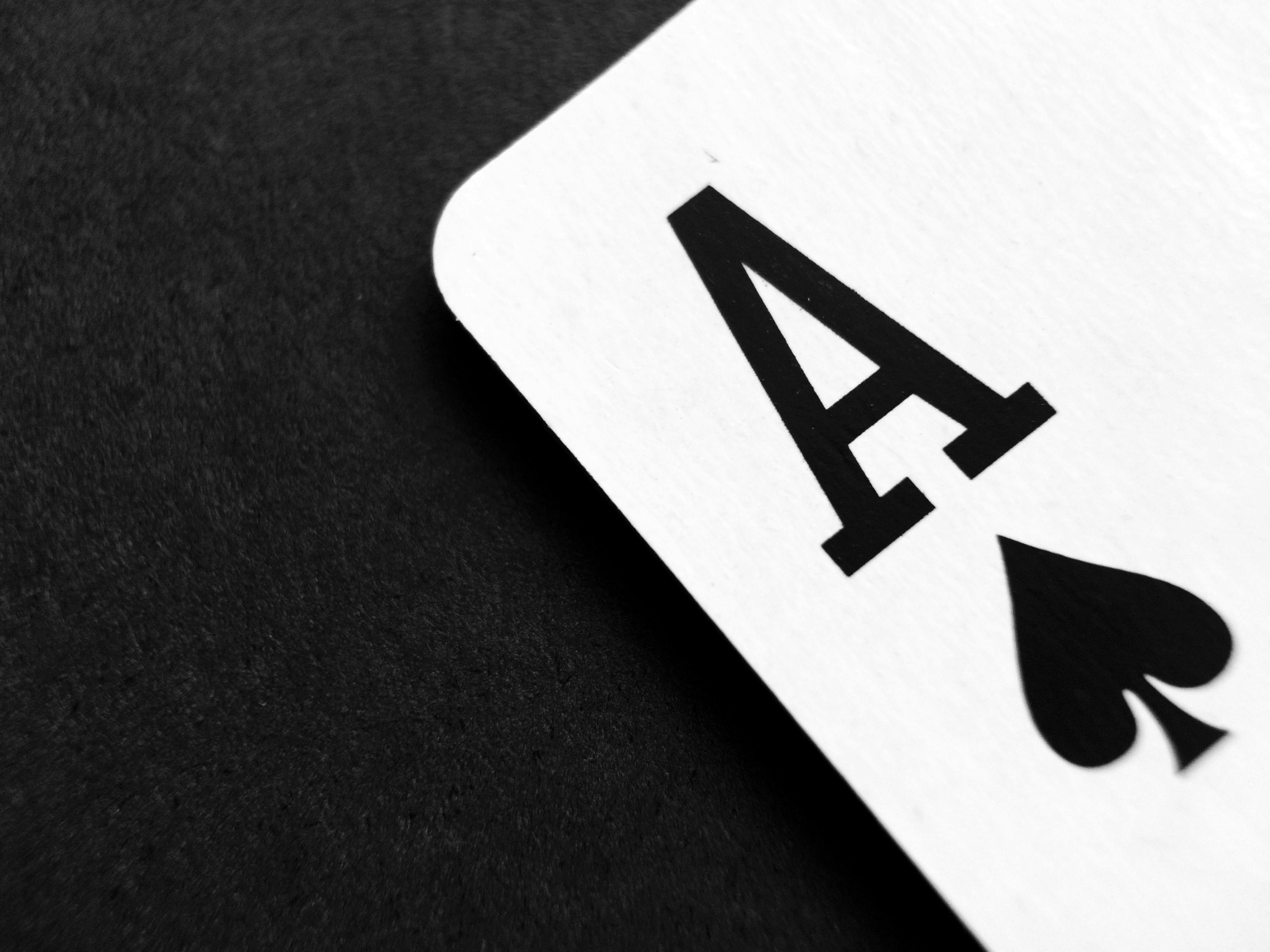An eCheck (electronic check) is a digital version of a traditional paper check, allowing individuals and businesses to transfer money directly from one bank account to another. Through the Automated Clearing House (ACH) network, eCheck payments are widely used for online transactions, subscriptions, and high-ticket purchases because of their reliability and low cost compared to credit cards.
How Does an eCheck Work?
To understand how eChecks work, it helps to break down the process:
- Authorization: The payer authorizes payment via an online form, phone, or signed agreement.
- Submission: The payment information is submitted to the merchant’s eCheck payment processor.
- Processing: The ACH network verifies account details and transfers funds.
- Clearing: Funds are deposited into the merchant’s account, usually within 3–5 business days.
Benefits of eCheck Payments
Businesses and consumers choose eCheck payment processing because it offers several advantages:
- Lower transaction fees compared to credit card payments.
- Safe and secure transfers using bank-level encryption.
- Ideal for recurring billing, subscriptions, and large transactions.
- Widely accepted across multiple industries, including online casinos that accept eCheck.
Are eChecks Safe?
Many users wonder: are eChecks safe? The short answer is yes. eChecks are processed through the secure ACH network, which includes anti-fraud measures and encryption technology. However, like any payment method, risks exist, such as insufficient funds or fraud attempts. Choosing a trusted eCheck service provider reduces these dangers.
How to Send and Receive an eCheck
Sending or receiving an eCheck is straightforward, whether through your bank or services like PayPal eCheck:
- How to send an eCheck: Provide your bank account and routing number to the merchant or online service.
- How to receive an eCheck: Ensure your business account is set up with an eCheck merchant account.
- How to deposit an eCheck: Funds are automatically deposited into your account after clearance.
Frequently Asked Questions About eChecks
What is an eCheck payment?
An eCheck payment is an electronic transfer of funds from a payer’s checking account to a merchant’s account using the ACH network.
How long do eChecks take to process?
Typically, eChecks take 3–5 business days to clear, though some best eCheck services offer faster processing.
Is PayPal an eCheck?
PayPal allows eChecks, but they function as a transfer from your linked bank account, not as instant credit.
Can an eCheck be declined?
Yes. eChecks can fail due to insufficient funds, incorrect account numbers, or closed accounts.
What are the risks of eCheck payments?
The main risks include delays, chargebacks, and fraud if account information is compromised. Working with a secure eCheck payment processor minimizes these issues.
Industries That Use eChecks
eChecks are commonly used in:
- Subscription businesses (SaaS, memberships, utilities).
- Education and tuition payments.
- Healthcare providers.
- eCheck casinos and gaming platforms.
- Insurance and loan repayments.
Final Thoughts
Whether you’re asking “what is an eCheck?” or looking for the best eCheck service for your business, understanding the process, benefits, and risks will help you make informed decisions. For businesses, integrating eCheck payment processing can lower costs, improve security, and expand your payment options.
eChecks with Money EU
At Money EU, we specialize in helping businesses integrate secure and reliable eCheck payment solutions. From online casinos to subscription platforms, we provide tailored eCheck merchant accounts that reduce costs and ensure compliance with international regulations. If your business needs a safe and scalable way to accept payments, our expert team can guide you through every step of the eCheck payment processing journey.
eCheck vs Credit Card Payments
When deciding between eCheck payments and credit card payments, it’s important to consider factors like fees, speed, and security. Both methods are widely used, but they serve different purposes for consumers and businesses.
- Transaction fees: eChecks usually cost less to process (often under $1 per transaction), while credit cards can charge 2–4% per transaction.
- Processing time: Credit card payments are instant, whereas eChecks may take 3–5 business days to clear.
- Security: Both use advanced encryption, but eChecks move funds directly through the ACH network, reducing reliance on card networks.
- Chargebacks: Credit cards offer easier chargeback processes for customers, while eChecks can still be disputed but often involve stricter rules.
- Use cases: eChecks are ideal for recurring billing, rent, loans, and high-value items. Credit cards are better suited for everyday, instant purchases.
In short, eChecks are cost-effective and secure for larger or recurring transactions, while credit cards provide speed and convenience for instant purchases. Many businesses now offer both options to maximize flexibility for their customers.





